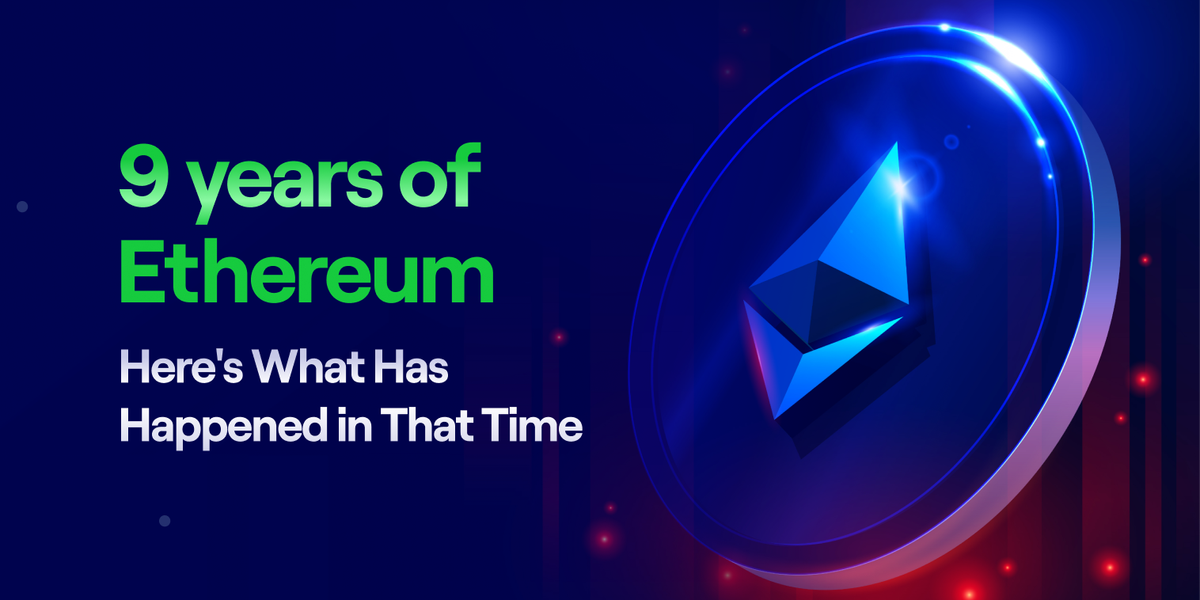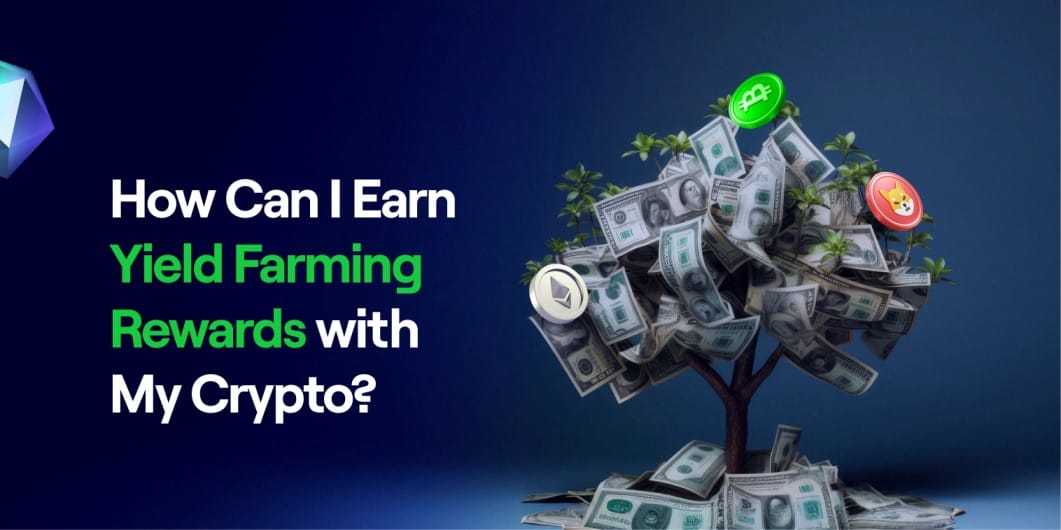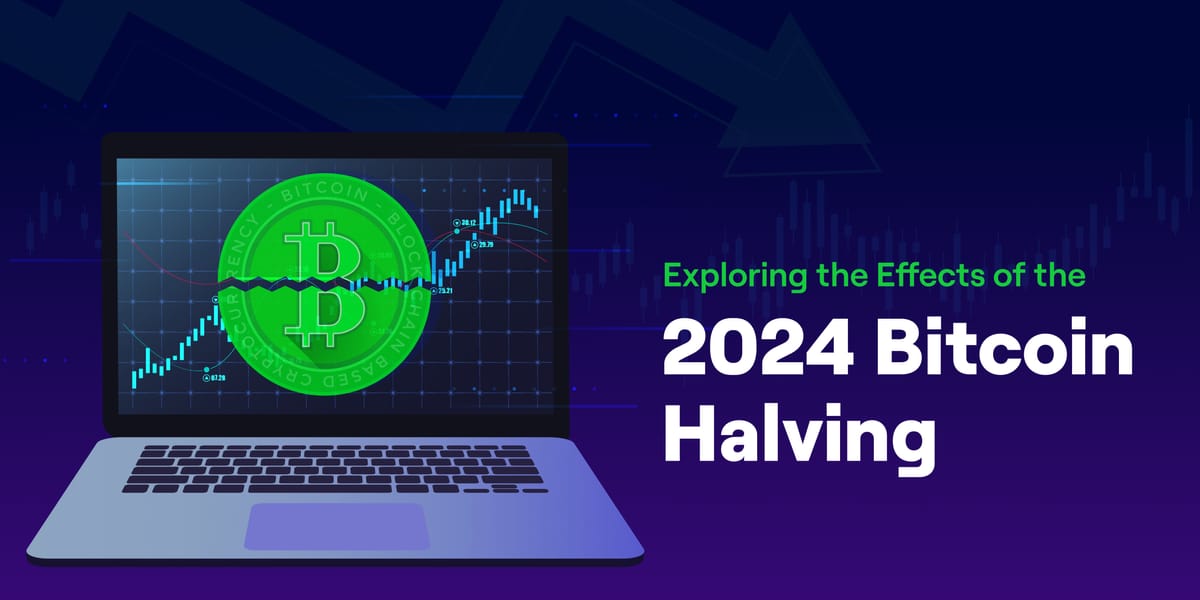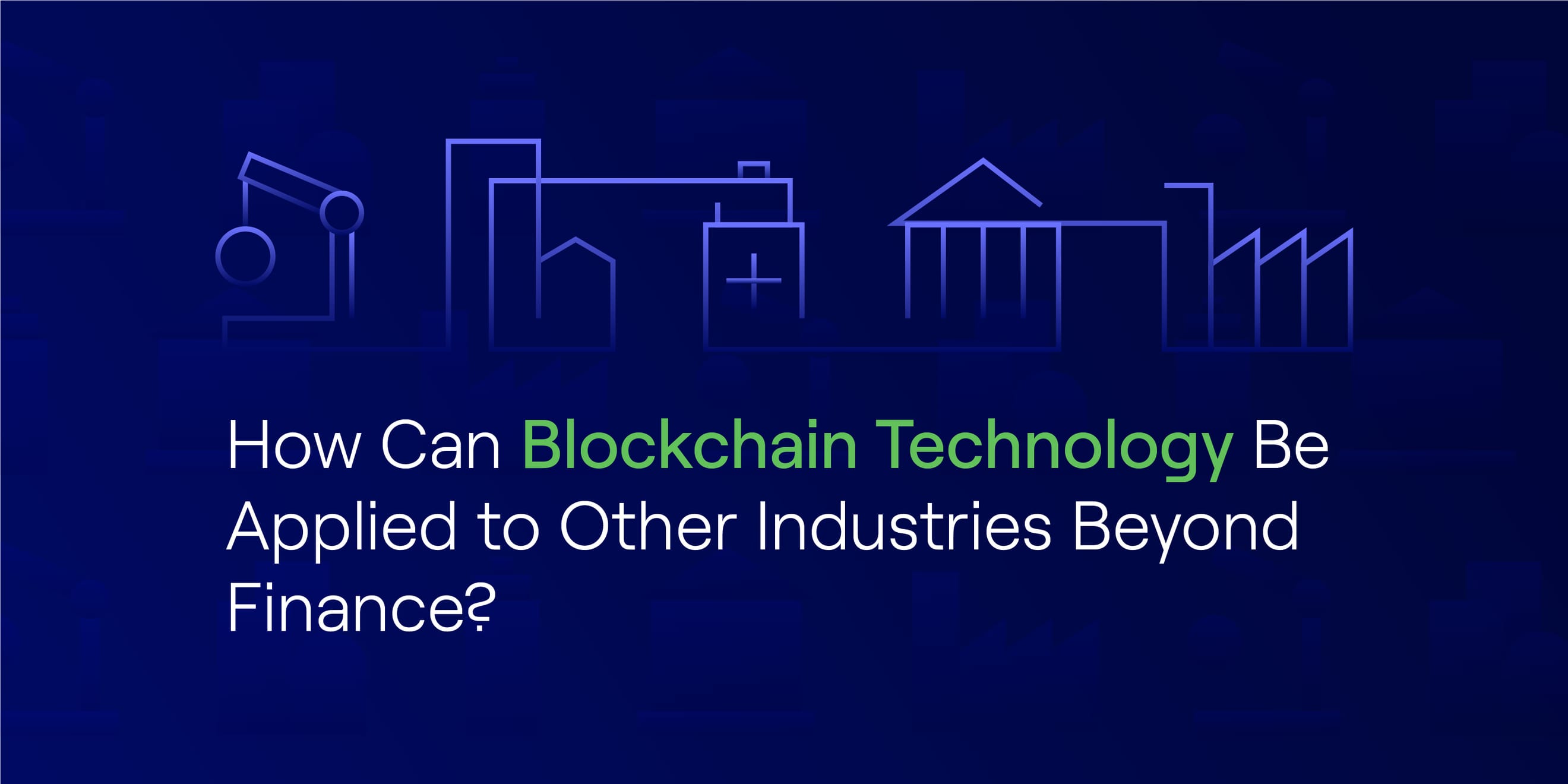
Top 10 Applications of Blockchain Technology Beyond Finance
When you hear "blockchain," you probably think of cryptocurrency like Bitcoin. And you're right—blockchain is the tech behind digital money. But it’s not just for finance. Imagine the applications of blockchain technology as a super versatile tool with many uses.
What is Blockchain?
Simply put, a blockchain is a digital ledger—a huge, shared notebook—that securely and clearly tracks transactions or information. It’s special because it’s decentralized, meaning no single person or organization controls it. Instead, the ledger is spread across many computers, and everyone has a copy.
When a new transaction or piece of information arrives, it is added to a "block." The network checks this block and then links it to previous blocks, forming a chain. Once added, a block can't be changed or removed, making the record permanent and secure.
Because of its decentralization, transparency, and security, blockchain is more than just a money tool. It’s about trust, efficiency, and opening up new possibilities across different industries.
This blog post will explore how blockchain is changing various fields. Get ready to see how this technology is making a big impact on how we live and work.
Top 10 Applications of Blockchain Technology Beyond Finance
- Supply Chain Management
- Healthcare
- Voting and Elections
- Identity Management
- Real Estate
- Education
- Energy
- Government
- Charity and Philanthropy
- Gaming
1. Supply Chain Management:
Imagine scanning a QR code on your bottle of insecticide and seeing its entire journey, from the manufacturing plant in Ogun State to the distributor's warehouse in Lagos and finally to the shelves of your neighborhood store in Abuja. That’s the power of blockchain technology's applications in supply chain management.
Blockchain creates a secure digital record of every step a product takes. This transparency helps prevent fake products and disputes about a product's origin. Companies like Emzor and Dangote Group could leverage blockchain to track various products, from pharmaceuticals to packaged foods, ensuring their authenticity and safety for Nigerian consumers.
Benefits:
- Reduced fraud: Passing off fake products or source items illegally is harder.
- Improved efficiency: Less paperwork and faster problem-solving speed up the supply chain.
- Increased consumer trust: Knowing where products come from builds confidence and loyalty.
You Might Also Like: What Are the Latest Cryptocurrency Tax Regulations for 2024?
2. Healthcare:
Your medical records are very private. Blockchain can protect them and make sharing them easier when needed.
Think of it as a digital vault for your health data. Only authorized people, like your doctors, can access it with your permission. This prevents unauthorized access and data breaches and makes sharing info between healthcare providers faster and easier.
Benefits:
- Enhanced privacy: You control who sees your medical records.
- Streamlined data sharing: No more waiting for records to be faxed or mailed.
- Faster research: Researchers can access anonymous data more quickly, speeding up medical advancements.
3. Voting and Elections:
Blockchain can make elections more secure and transparent, boosting confidence in the results.
Every vote is recorded on the blockchain, creating a permanent record that can’t be changed. This makes it harder to commit fraud or manipulate results. Voters might even track their votes and ensure they were counted correctly.
Benefits:
- Increased voter participation: More trust in the system encourages more people to vote.
- Improved election integrity: Reduced fraud and more transparency create fairer elections.
4. Identity Management:
With so much personal information, blockchain can help you safely manage your digital identity.
Instead of having various organizations store your data, you can control your identity on the blockchain. You decide who can access your information and why, which reduces the risk of identity theft and makes online identity verification easier.
Benefits:
- Enhanced privacy: You control who sees your information.
- Reduced fraud: It’s harder for someone to steal your identity.
- Simplified access to services: Prove your identity quickly and easily online.
Read More: What Is DeFi (Decentralized Finance)?
5. Real Estate:
Buying or selling a house involves a lot of paperwork and middlemen. Blockchain can simplify and make this process more transparent.
Property records can be stored on the blockchain, creating a clear and tamper-proof history. This speeds up transactions, reduces fraud, and eliminates intermediaries like lawyers and agents.
Benefits:
- Faster transactions: Less paperwork and fewer middlemen mean quicker closings.
- Reduced costs: Lower fees and less reliance on intermediaries save money.
- Increased trust: Transparent records build confidence in property ownership.
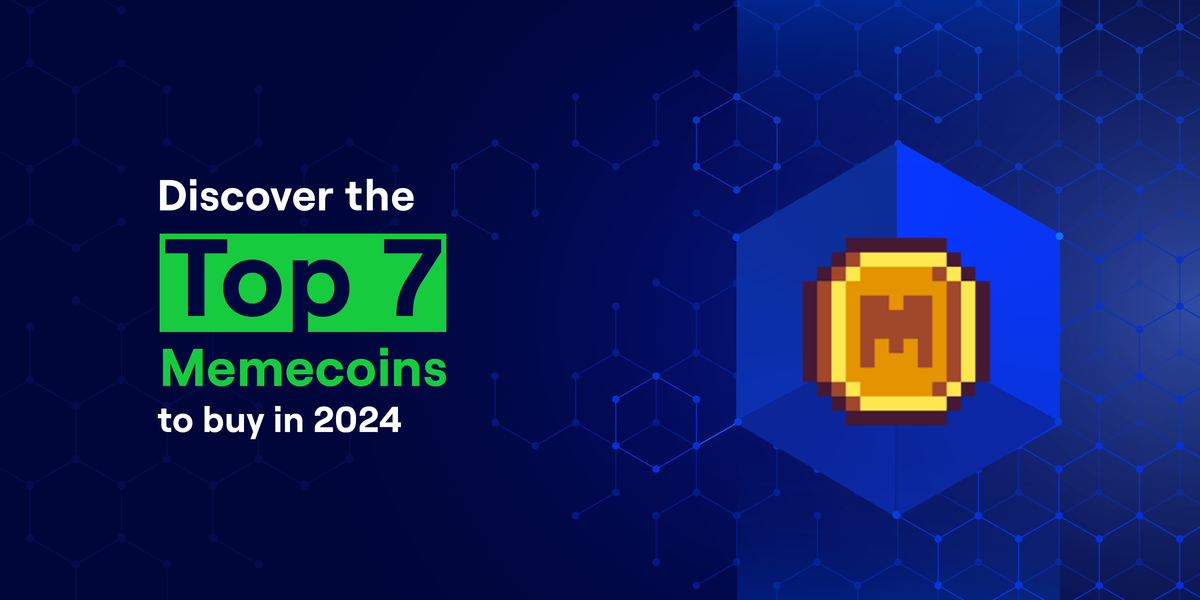
6. Education:
Remember when you had to wait weeks for your university to send your transcript? With blockchain, that's no longer needed.
Degrees, diplomas, and certificates can be securely stored on the blockchain, making verifying them instantly easy for employers or schools. This also helps prevent fake credentials from being used.
Benefits:
- Reduced fraud: Fake degrees and transcripts are harder to create.
- Simplified verification: Employers can check credentials instantly.
- Increased opportunities: Easier verification helps students and professionals worldwide.
Related Posts:
- When to Sell Your Cryptocurrency: Signs to Look Out for When It's Time to Cash Out
- Six countries using blockchain right now
7. Energy:
Imagine selling extra solar energy to your neighbour. Blockchain can make this happen through peer-to-peer energy trading.
Blockchain can help create a decentralized energy grid where people can trade energy directly. This reduces reliance on traditional power companies and promotes renewable energy use. It also tracks energy use in real time, making the system more efficient.
Benefits:
- Better energy efficiency: Managing energy resources more effectively reduces waste.
- Less reliance on big utilities: More control over where your energy comes from and how much it costs.
- Promotes renewable energy: Makes it easier to buy and sell clean energy.
8. Government:
Blockchain can help governments become more transparent and trustworthy.
Using blockchain, government transactions and processes can be publicly tracked and audited. This helps reduce corruption and makes sure public money is spent correctly. It can also make services like getting permits or licenses faster and easier.
Benefits:
- More trust in government: Transparency builds public confidence.
- Faster services: Streamlining processes saves time.
- Less corruption: Public records discourage dishonest activities.
9. Charity: Knowing Your Donations Are Making a Difference
Ever wonder if your donation actually reached those in need? Blockchain can provide that peace of mind.
By tracking donations on the blockchain, charities can show donors where their money goes and how it’s used. This builds trust and encourages more people to give. It also helps prevent fraud.
Benefits:
- Less fraud: Ensures donations go where they should.
- More accountability: Charities can show their impact.
- Boosted donor confidence: Transparency encourages more donations.
10. Gaming:
In many games, the items you earn are locked within the game. Blockchain changes this by giving you real ownership of your in-game assets.
These assets can be turned into unique tokens on the blockchain, allowing you to trade or sell them outside the game. This gives players more control and new ways to earn money from gaming.
Benefits:
- More player control: You truly own your in-game assets.
- New ways to earn money: Players can profit from their gaming skills.
- New gaming experiences: Blockchain opens up new types of games and interactions.
Conclusion on Applications of Blockchain Technology
Blockchain is more than just a financial tool – it’s changing industries and creating new opportunities. Its potential is huge, from improving supply chains to giving gamers more control. We’ve only just begun to see what the applications of blockchain technology can do, and the possibilities are endless.
If you’re curious to learn more, check out Busha’s resources on the applications of blockchain technology. The future looks promising, and blockchain is at the forefront of it.
The best way to understand blockchain is to experience it firsthand. Take the first step into the crypto world with Busha and see how this revolutionary technology can open up new possibilities!
Read More:
